This is a famous group of four rulers of the Roman Empire, dating to around 300AD that is affixed into the side of St Mark's Cathedral - the heart of the city.
I always pop by to pay my respects, because it is one of the most evocative pieces of art that I know - and speaks not only of the past of Rome, but of Constantinople and of Venice too.
I thought back to another period in history a long way away and the role of trade.
In some ways, it is not a surprise that the writers of the film would turn to Venice - whose name is synonymous with commerce - even if the four tetrarchs who seem plausible inspiration have nothing to do with the city but were brought there in 1204 as booty after the Venetians led the sack of Constantinople (who says trade and war don't go hand in hand).
The fact that they have nothing to do with trade either is ironic, of course; but such is life.
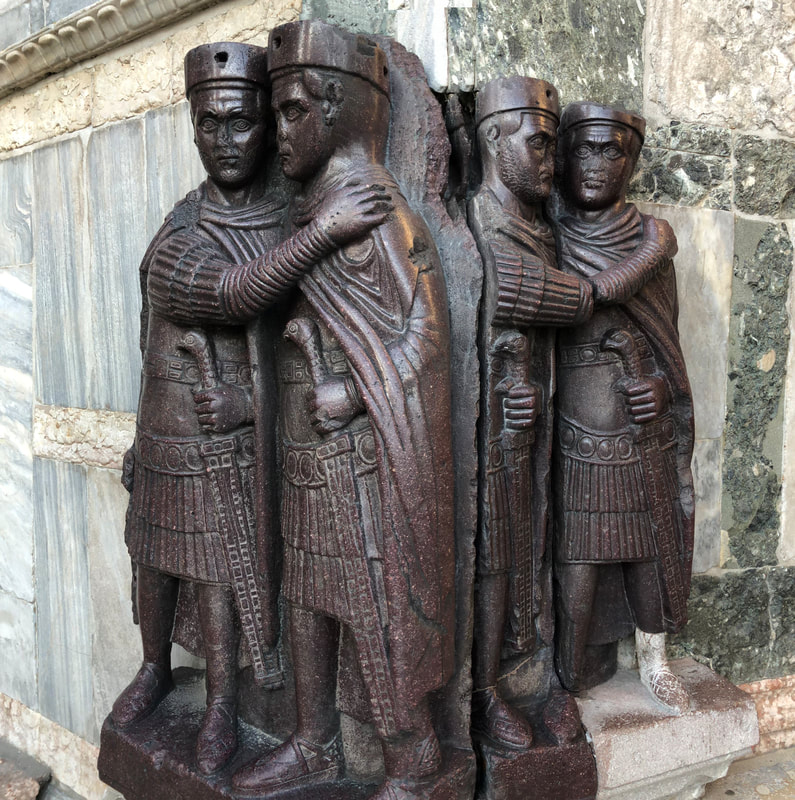
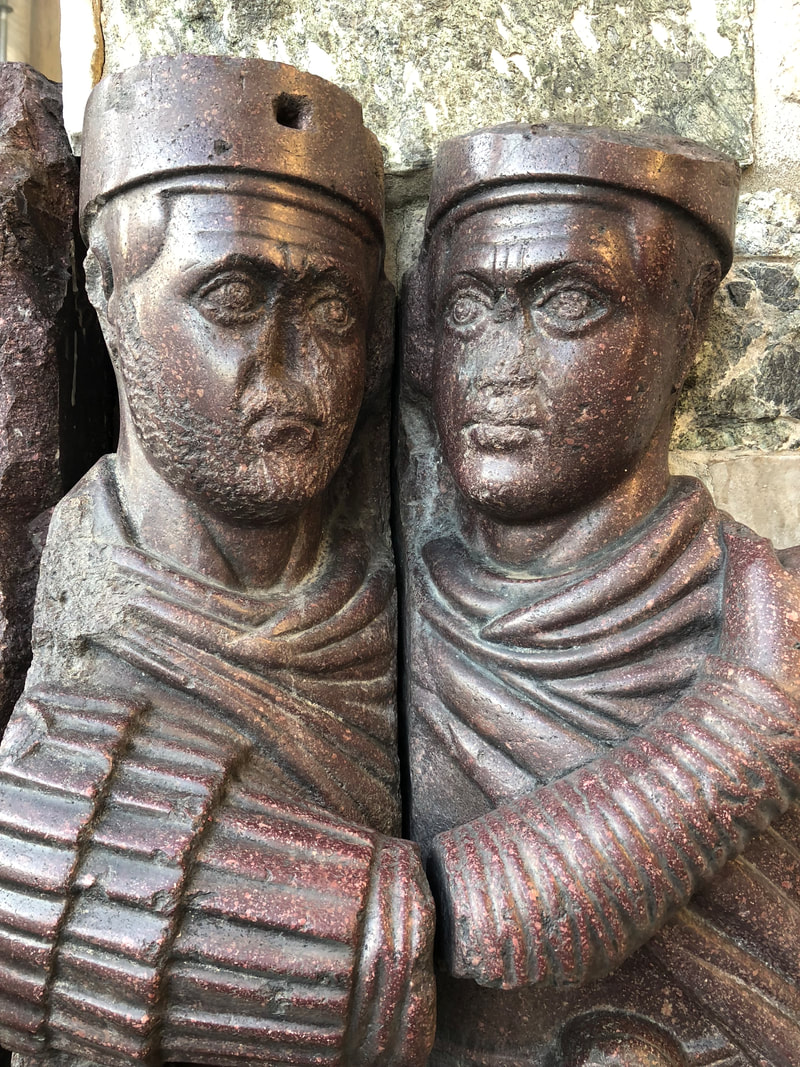

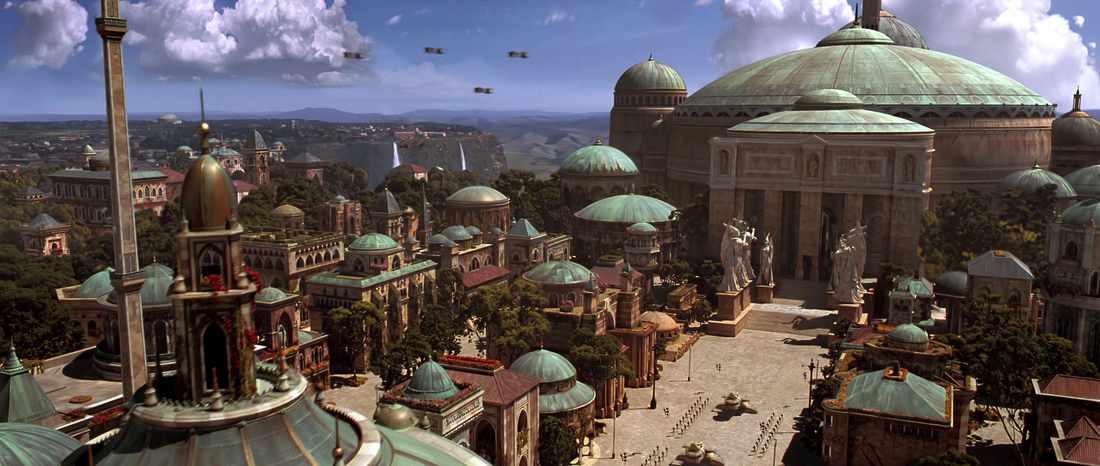
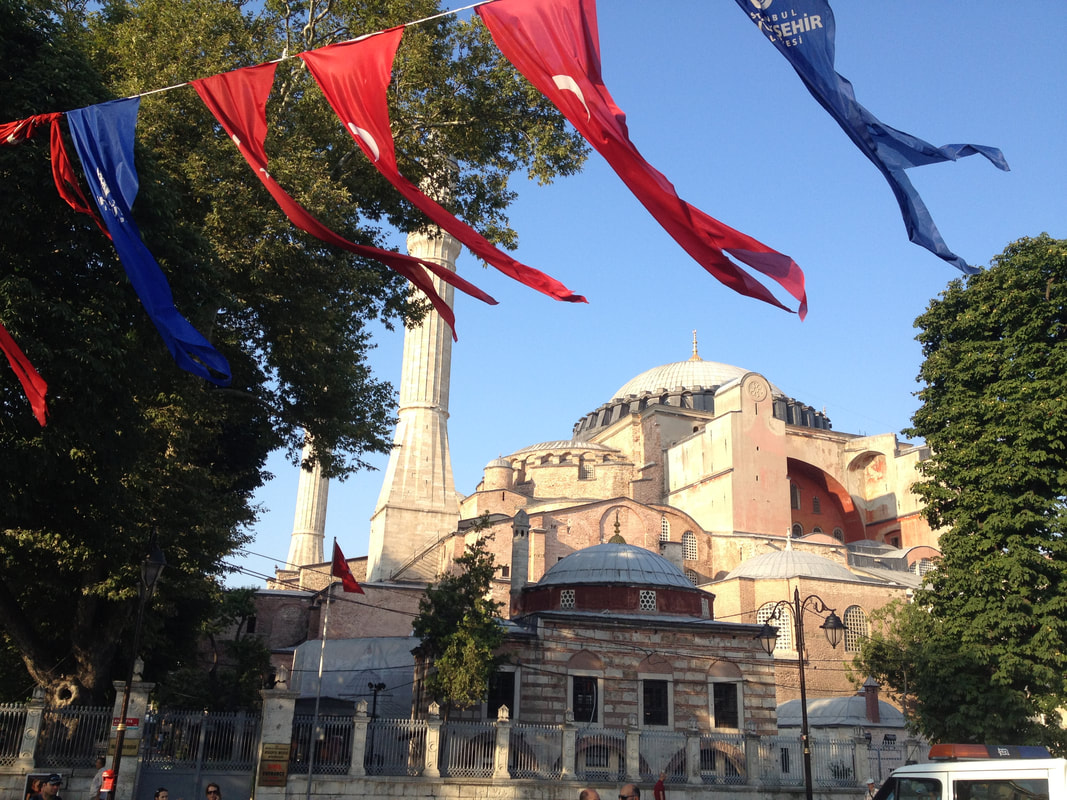

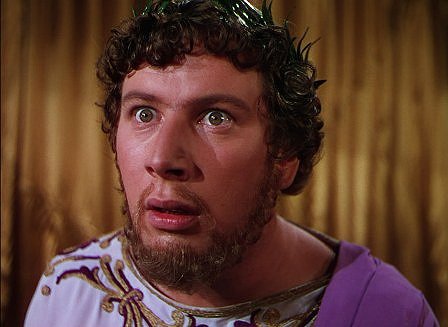
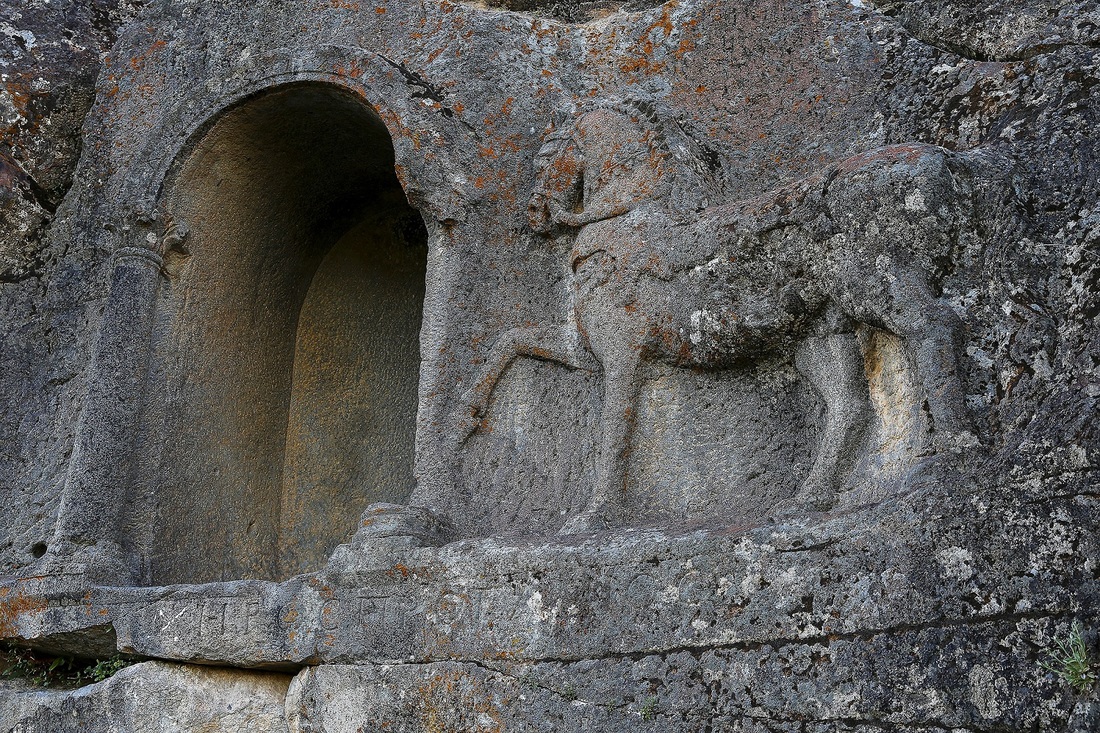

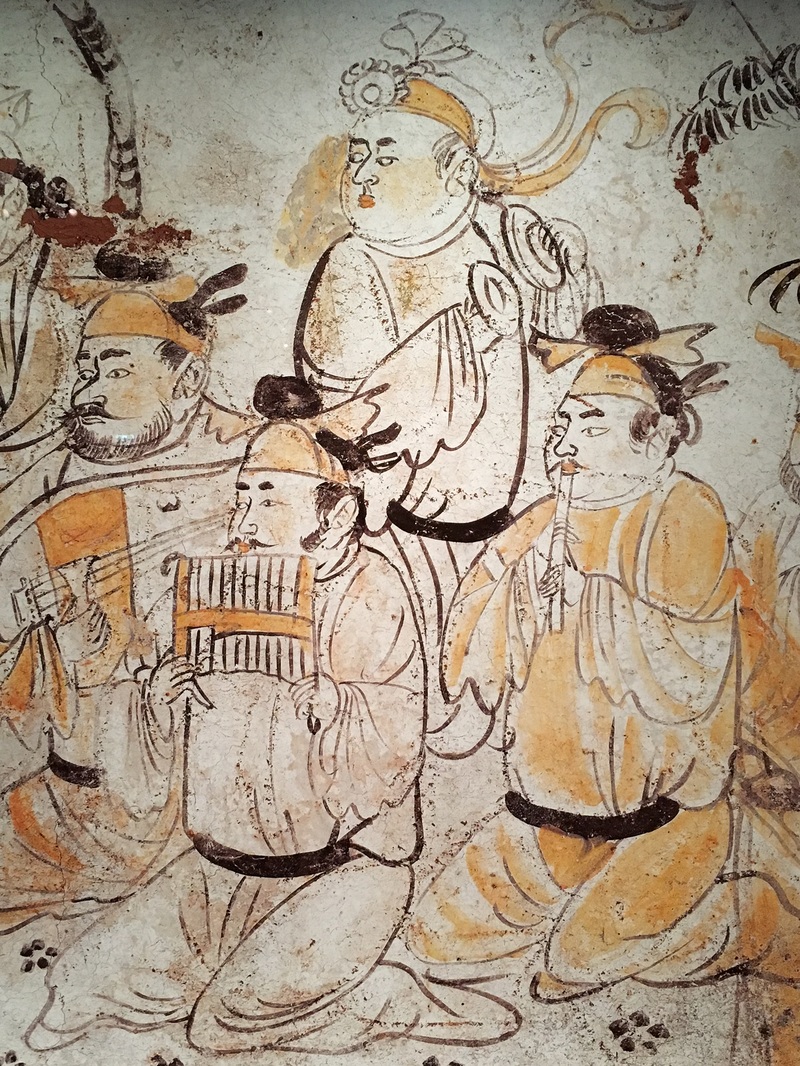
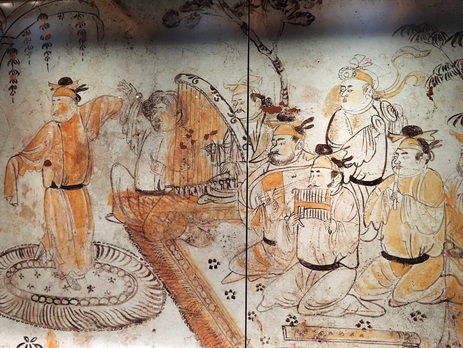

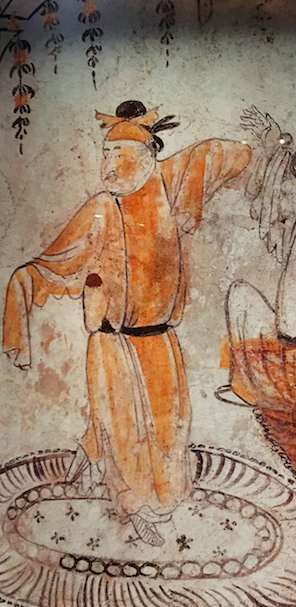
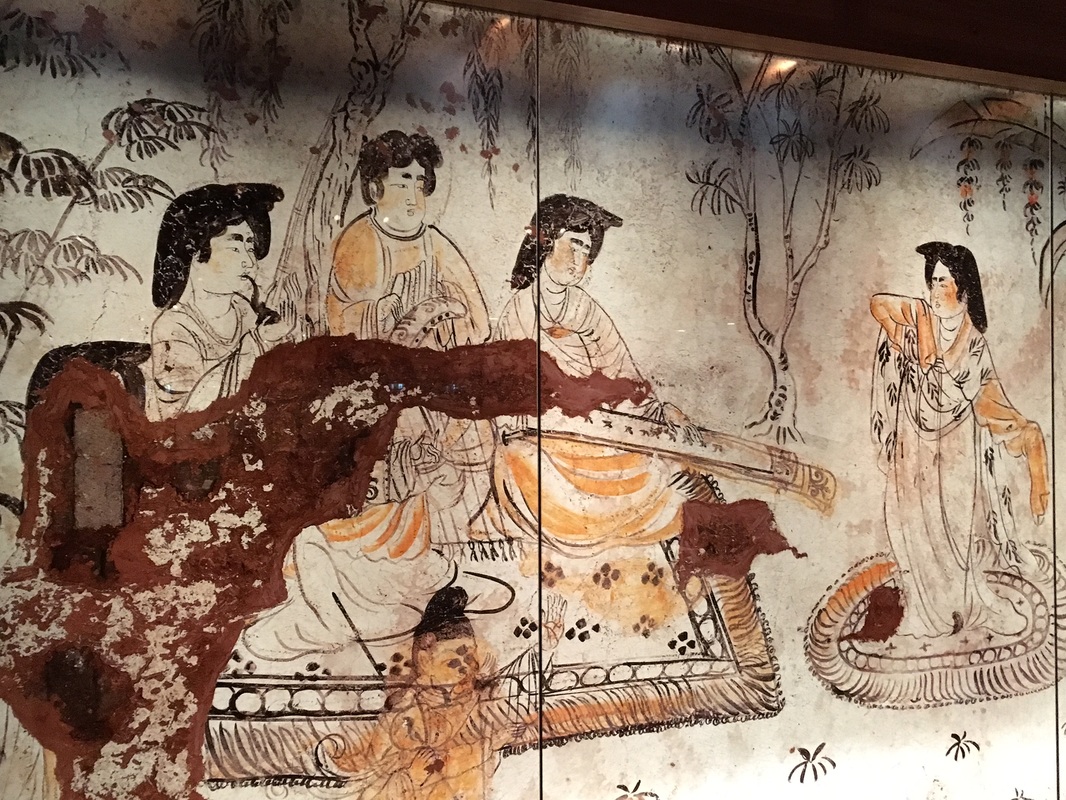

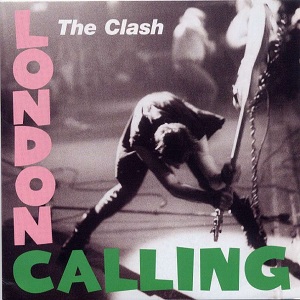
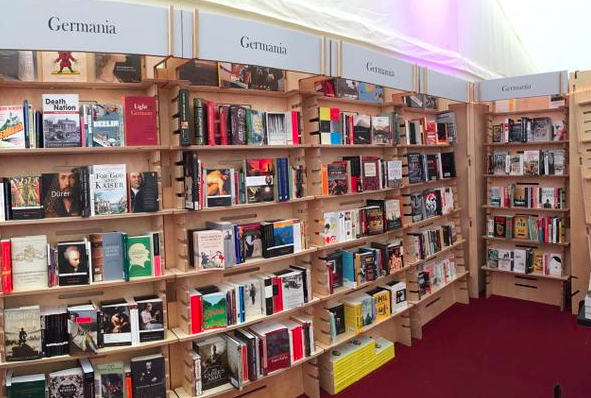
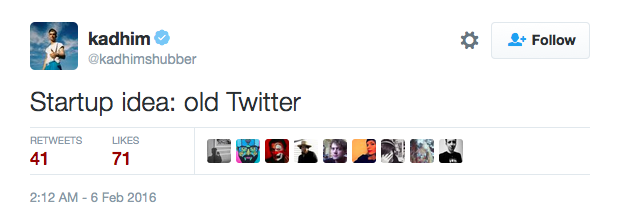
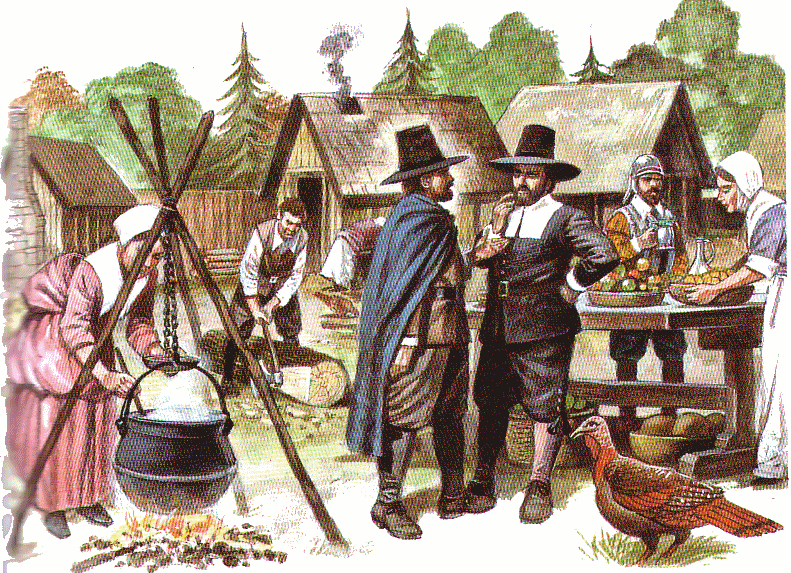
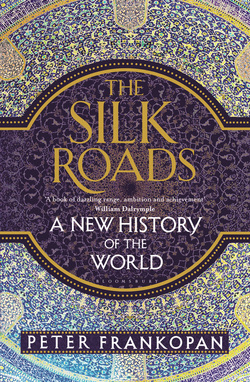
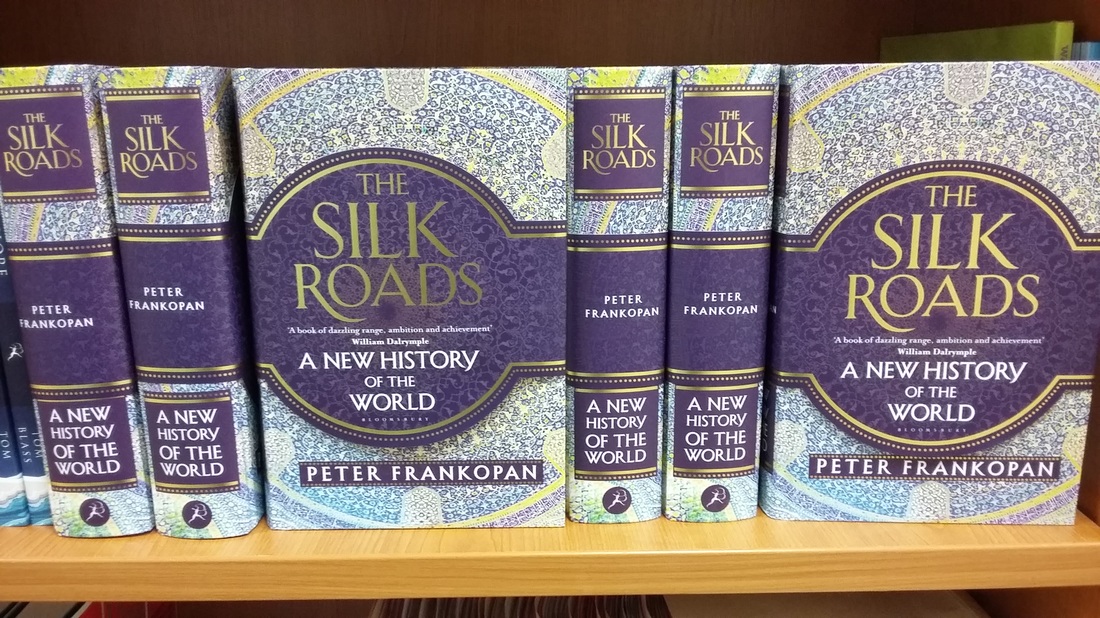
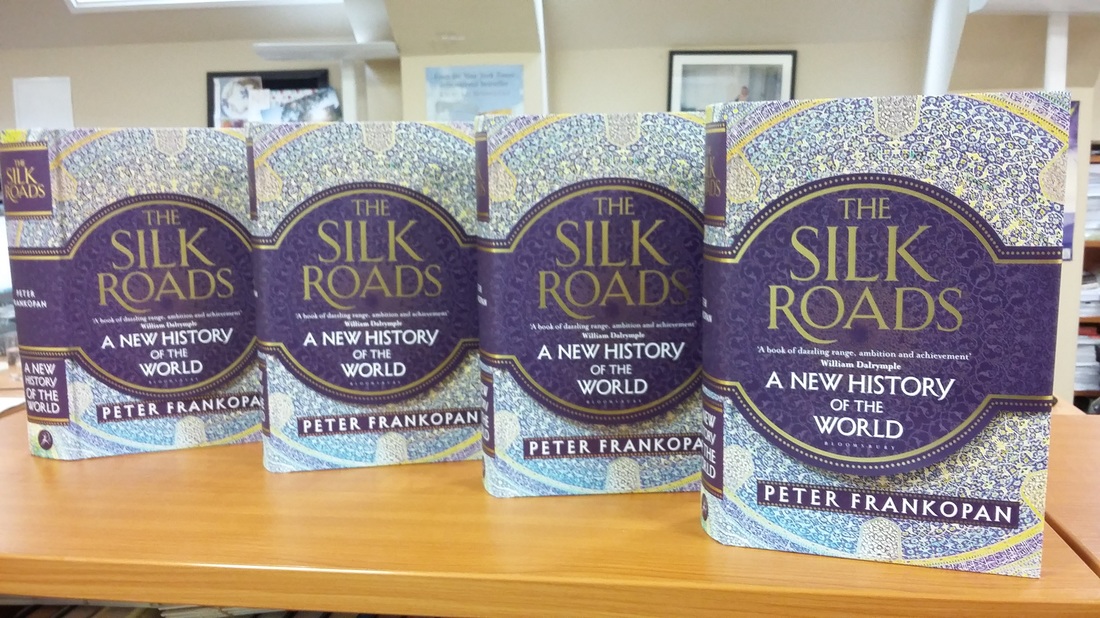
 RSS Feed
RSS Feed